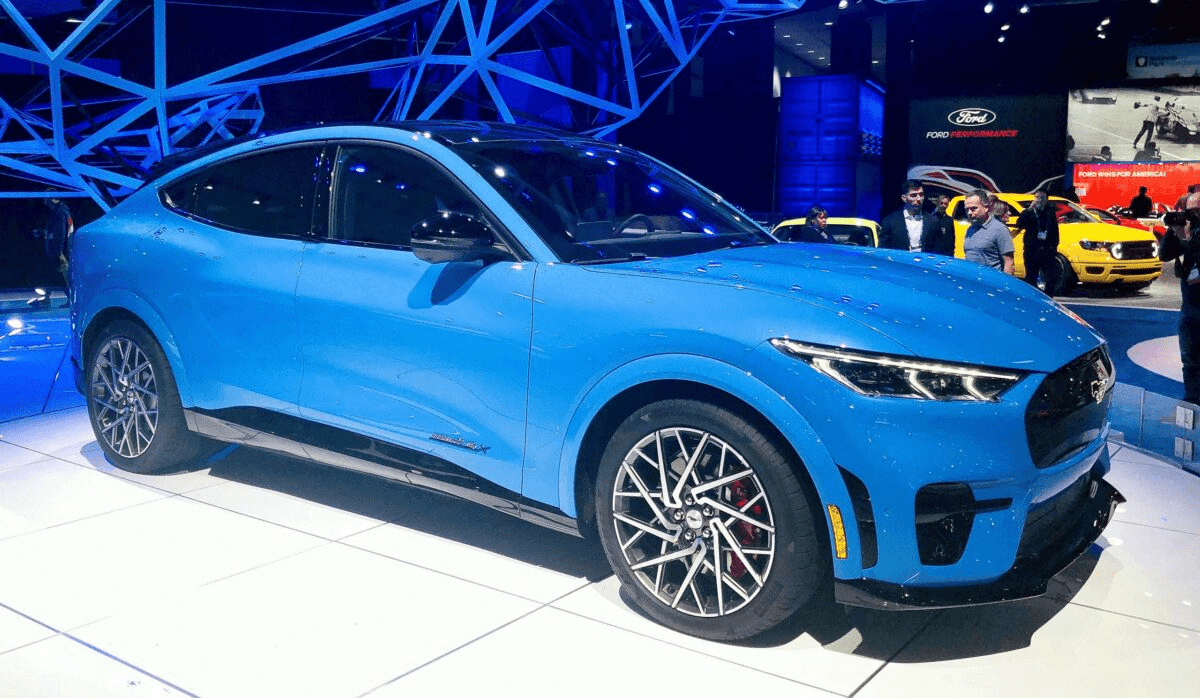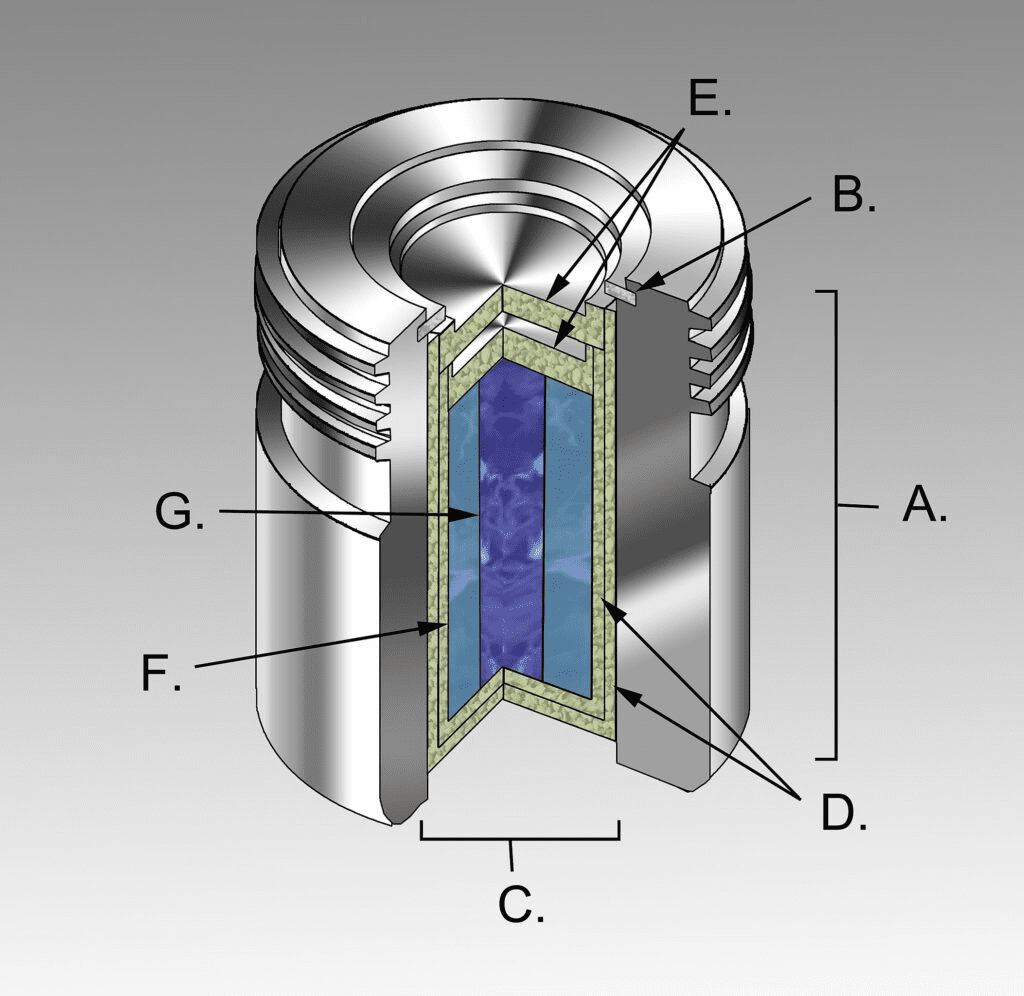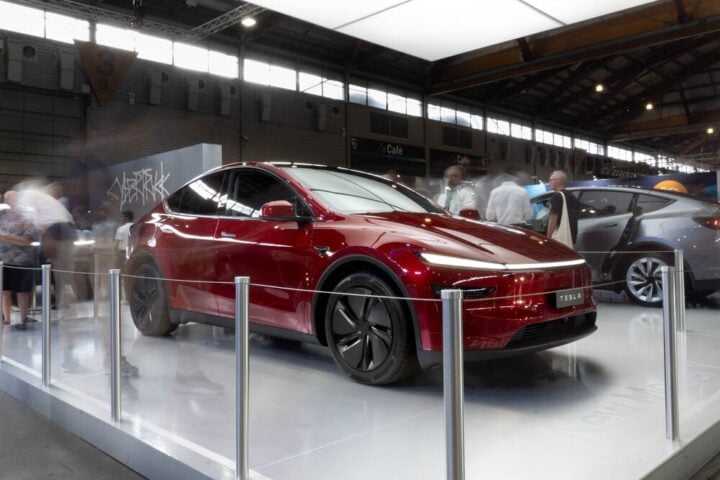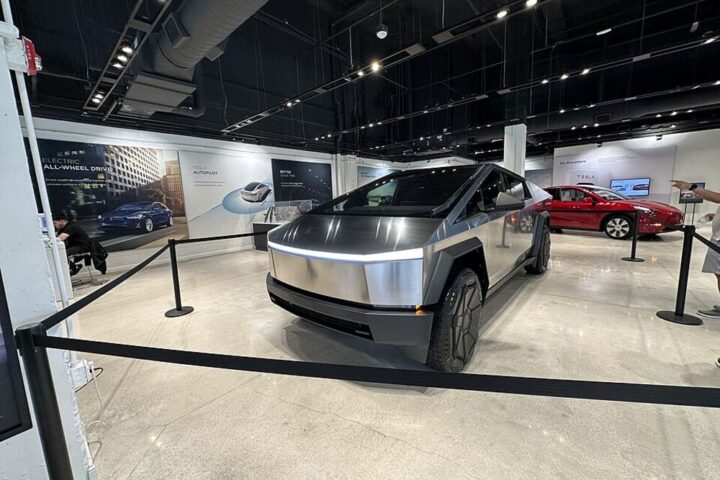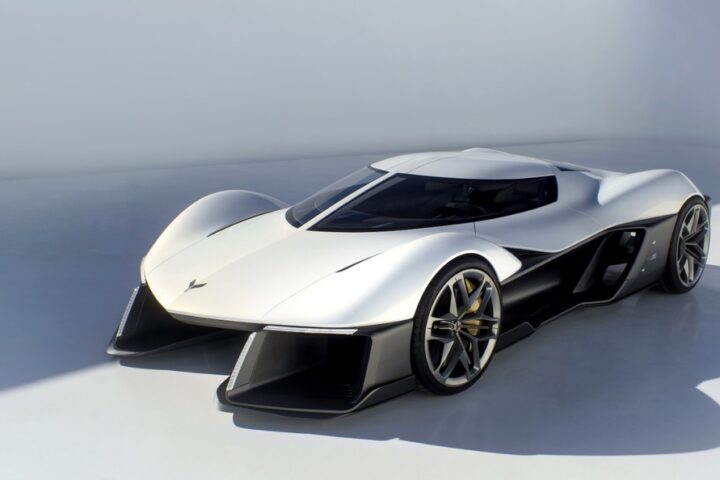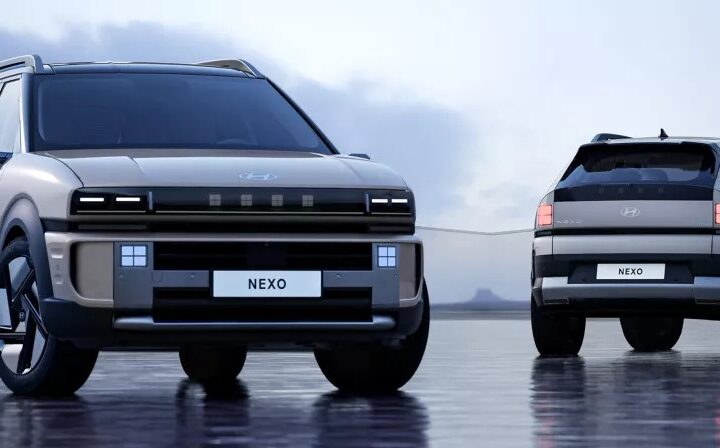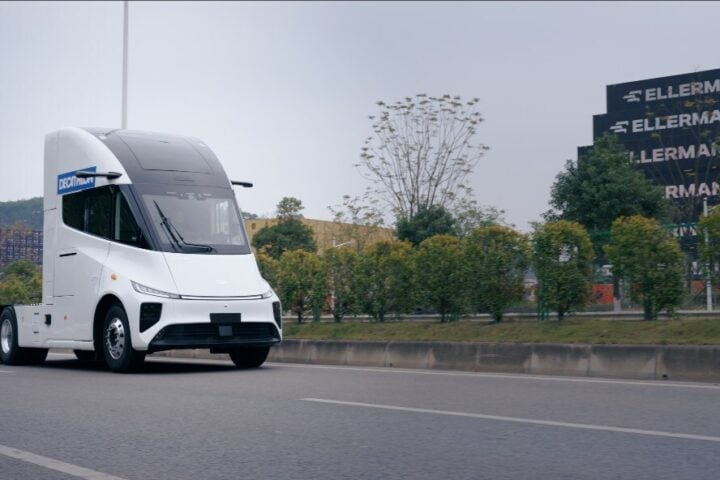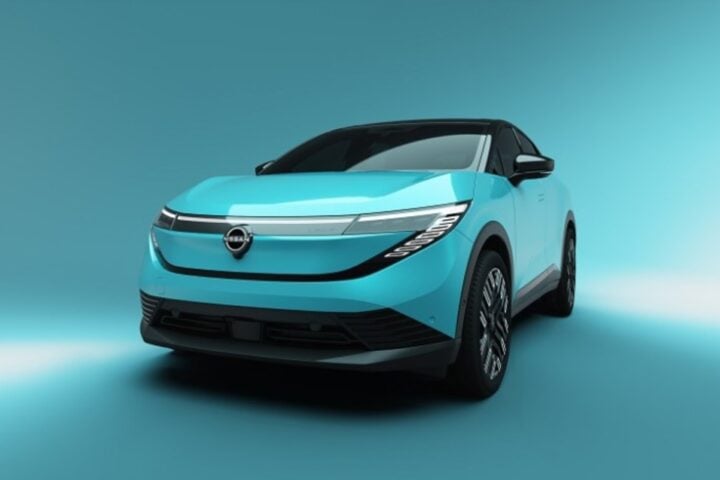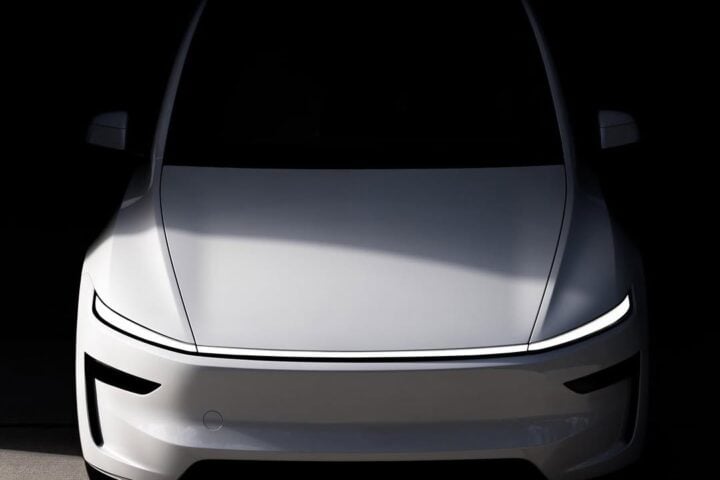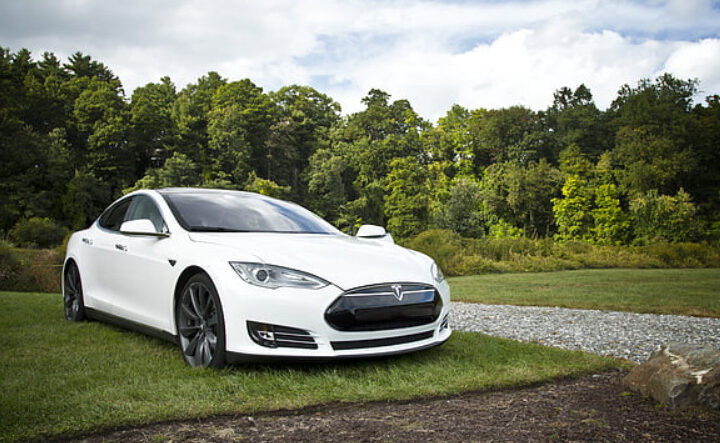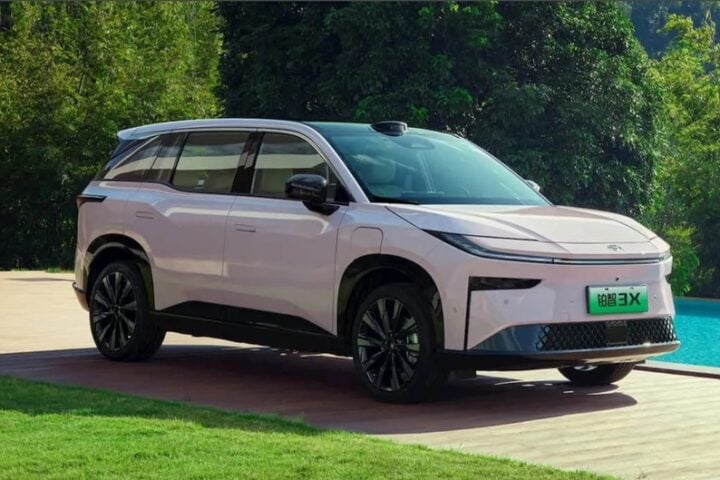The actions of Tesla and Ford to reduce consumer costs for electric vehicles (EVs) were influenced by new federal subsidies starting this year, as part of President Biden’s Inflation Reduction Act. Both companies aim to allow buyers to fully benefit from tax credits of up to $7,500.
However, this move has raised concerns among investors who fear that the price cuts, in combination with the influx of new EV models later this year, could lead to a decrease in prices and negatively impact profitability.
Contrarily, GM CEO Mary Barra and Volkswagen CEO Oliver Blume stated that they will not be reducing prices. Barra stated that they are priced appropriately and their strong product portfolio puts them in a good position.
Volkswagen CEO Oliver Blume expressed a similar viewpoint, telling the Frankfurter Allgemeine Sonntagszeitung that the company has a clear pricing strategy and is focused on reliability. He expressed confidence in the strength of the products and brands offered by Volkswagen.
On the other hand, GM entered the high-end EV market later than its competitors, which could minimize the need for discounts in the event of a price war as it has a smaller number of vehicles in production or waiting to be sold. Additionally, customers have shown a keen interest in the Lyriq and Hummer vehicles, so GM is not facing any pressure currently, according to Jeff Schuster, senior vice president of forecasting at LMC Automotive.
GM is currently expanding its battery cell production at the Ultium Cells LLC joint-venture plant in Ohio and plans to increase production of current EVs and introduce three Chevrolet models in the second half of 2023. Schuster believes that while GM’s backlog currently prevents the need for price cuts, the company’s future plans will determine whether they prioritize volume or pricing.
If the rest of the industry engages in price cutting, GM’s aggressive plans could play a significant role. CEO Mary Barra stated that 2023 will be a pivotal year for the Ultium platform and the company will begin producing the Chevy Silverado pickup, Blazer and Equinox SUVs, with the Blazer set to compete directly with the Ford Mach-E and Tesla Model Y, where the EV maker made the biggest price cuts.
This year, the auto industry is set to introduce 50 new electric vehicles (EVs) ranging from small-scale startups to electric vans for corporate customers, with most targeting retail buyers. The production capacity of Tesla’s Gigafactory in Austin, Texas, is capable of producing 500,000 vehicles annually, but only produced 93,000 last year. As production rises, there may be more pressure to lower prices in order to meet sales volume expectations.
Elon Musk, Tesla’s CEO, aims to increase sales to 1.8 million units this year, which could result in the company sacrificing margins to compete with rivals. However, price cuts by Tesla and Ford don’t necessarily indicate trouble in the EV market, as both companies have merely rolled back hikes from the previous year caused by a chip shortage. With increased competition, EV buyers may have access to more affordable options, which could impact profitability as warned by John Murphy, a Bank of America analyst.
